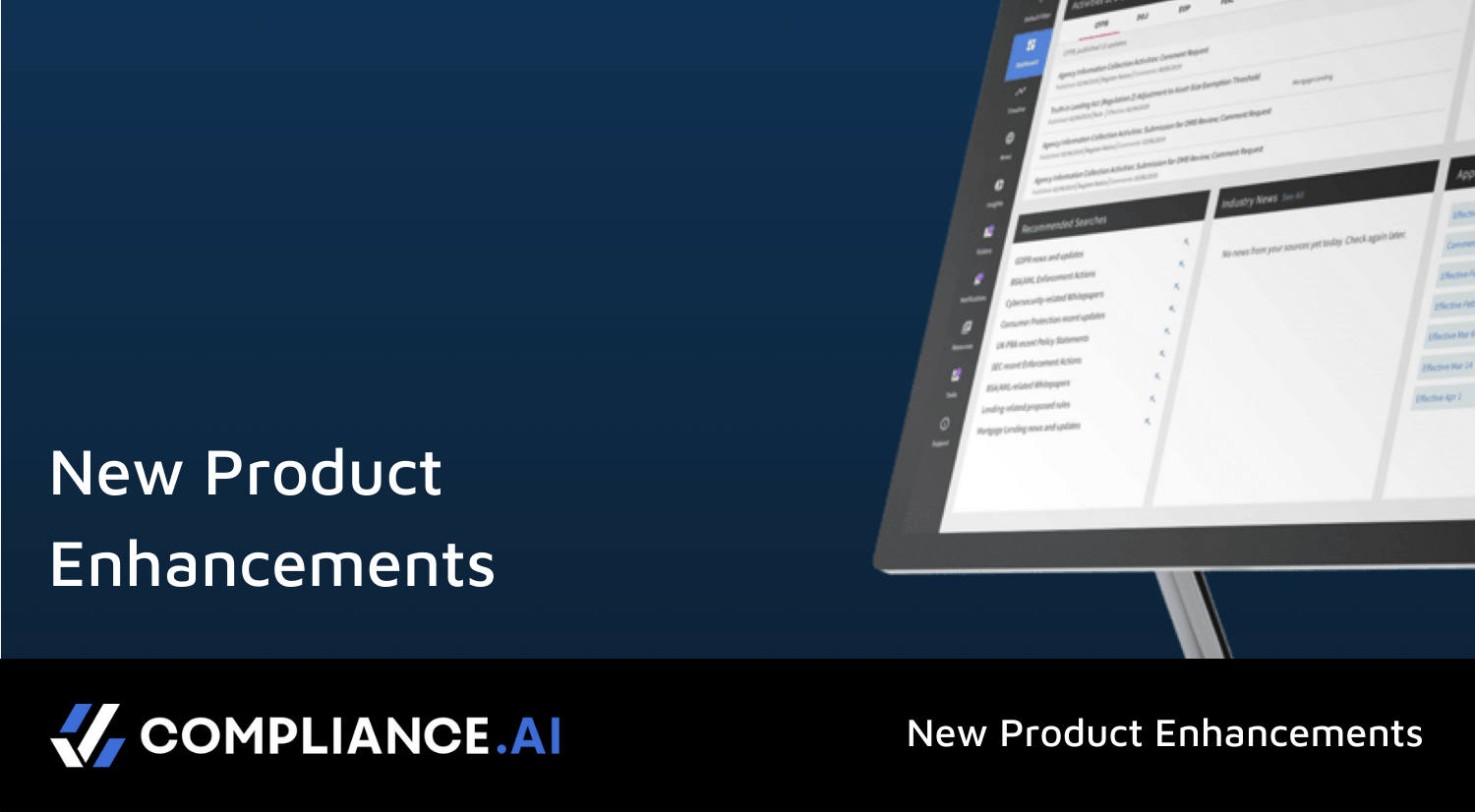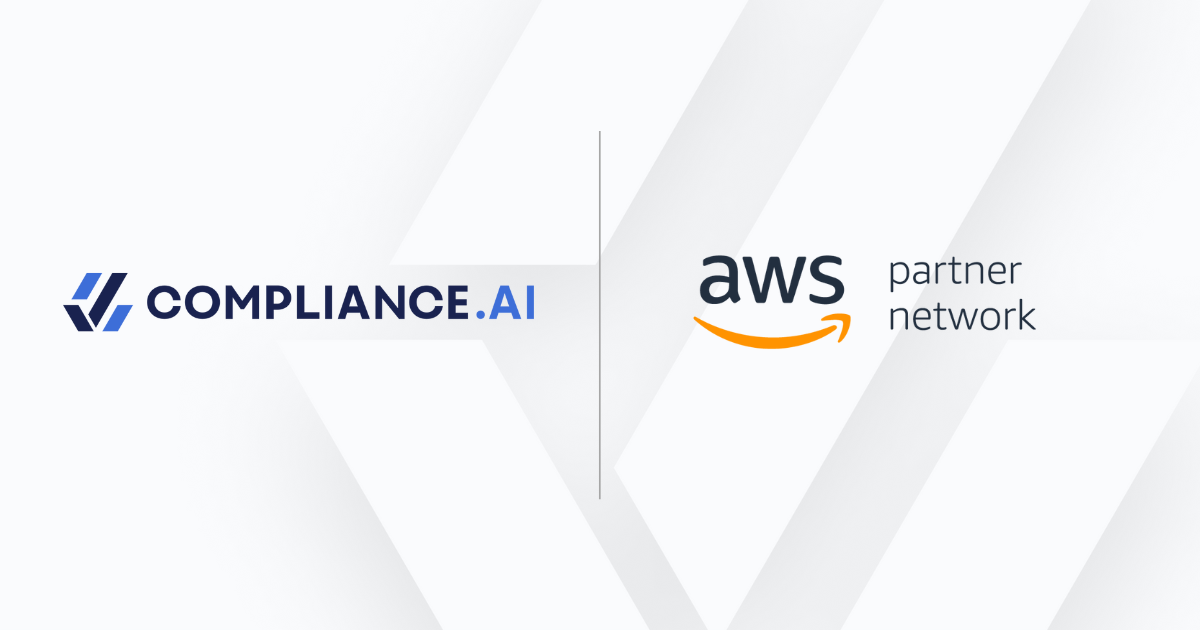
The RegTech market has shifted into overdrive in 2020, but it still suffers from the myths, fallacies, and misperceptions that can stunt the growth of any emerging industry – if it doesn’t respond to legacy-inspired rumbling and grumbling.
What are the biggest myths surrounding the RegTech market and threaten its growth?
We see these three misconceptions are at the top of the list:
Myth #1: It’s Not Worth the Investment. As nascent technologies take hold, and buzz develops, there is no shortage of legacy users that say they won’t pour money into RegTech right now, usually pointing to the limited use of commercially proven RegTech tools.
The fact is RegTech is flexing its financial muscles, with the industry expected to grow to $127 billion by 2024, up from $25 billion in 2019, according to Juniper Research. Increasingly it’s becoming apparent that RegTech inflows are due in large part to the results companies are getting from turning to RegTech-based tools.
“This growth will be driven by a dramatic rise in the automation of resource-intensive tasks, such as those involved in KYC (Know Your Customer) checks and increasing use of AI in transaction monitoring,” the Jupiter study notes. “AI is ideally suited to regulatory space, as it can dynamically reduce false positive and false negative rates; leading to significant time, resource and ultimately cost savings for compliance monitoring processes.”
Giving short shrift to RegTech given its impressive early track record and high growth rates is a mistake that could come back to haunt C-level executives who wait too long to deploy technology tools.
Myth #2: Regtech is too expensive for a young, emerging technology. While compliance officers tout the benefits of RegTech implementations, we’re adding company chief financial officers to the “satisfied customer” list.
That’s because CFOs, who earn their reputation of tossing nickels around like manhole covers, increasingly view RegTech as a big benefit to the corporate bottom line. More and more, companies are saving big bucks by leveraging the technology, and the data is starting to bear that sentiment out.
For example, as financial companies turn to AI, machine learning and other RegTech tools to more quickly implement brand new regulatory rules, the cash they save by acting quickly is mounting up.
According to the Juniper Research study, using RegTech to stay current on regulatory reporting and bolstering company-wide efforts on know-your-customer due diligence will generate cost savings of over $1 billion by 2024.
A separate study from KPMG Singapore shows that financial services companies that merge AI and robotics tools into their RegTech rotation can expect savings of up to 75% on internal processing costs.
Cost concerns are the bane of any new corporate initiative. So far, RegTech is showing CFOs that not only does the technology go hand in hand with long-term initiatives, it can save financial services companies that it’s a budget beater, too.
Myth #3: Legacy systems can handle compliance tasks “just fine.” Any corporate financial officer understands the tradeoff between technology benefits and technology spending.
It will require purchasing and adopting a RegTech platform to modernize and update financial company regulatory systems, yet a large number of industry firms have resisted doing so, opting on legacy systems to handle the compliance burden.
According to a recent study by Wolters Kluwer’s Finance Risk & Reporting, and the Banker, only 6% of global banks surveyed had fully integrated regulatory workflow data (although many say upgrades are in development.)
Financial services companies that are slow on the draw with RegTech implementations and that continue to rely on legacy compliance management systems risk falling behind competitors and fast-moving financial regulatory requirements.
With new statutes in emerging compliance areas like cryptocurrencies, digital payments, privacy and new forms of cybersecurity threats, overwhelmed legacy systems struggle to keep pace, placing financial companies at higher risk of data loss, security breaches, and regulatory fines and penalties.
“Legacy compliance change management solutions were built as monolithic platforms intended to serve a broad horizontal market,” notes Forbes in a December 2019 profile on RegTech and legacy systems. “Designed for consultant-led initiatives, they were intended to be deployed across varied sectors, such as financial services, insurance and healthcare. As a result, legacy CMS is inherently difficult to deploy, onboard and keep updated.”
“Clearly, the time to modernize compliance management is now,” Forbes notes. “The risks are too high and the benefits accruing to RegTech early adopters are too great to put off modernization for even one day more.”
“After all, it takes only a single enforcement action to turn the CMS status quo into a disaster.”
Setting the Record Straight
The RegTech revolution continues to gather steam, rolling over the misperceptions and castigations laid out by financial services companies (and the legacy systems providers on their payroll) who resist the new age of regulatory compliance.
Even the regulators who make the rules understand that, and advise financial services companies to move forward on RegTech compliance systems.
“As financial services firms seek to keep pace with regulatory compliance requirements, they are turning to new and innovative regulatory technology (RegTech) tools to assist them in meeting their obligations in an effective and efficient manner,” the Financial Industry Regulatory Authority states in a recent report.
“These RegTech tools may facilitate the ability of firms to strengthen their compliance programs, which in turn has the potential to create safer markets and benefit investors.”
Tags: compliance, emerging technology, fintech, RegTech





